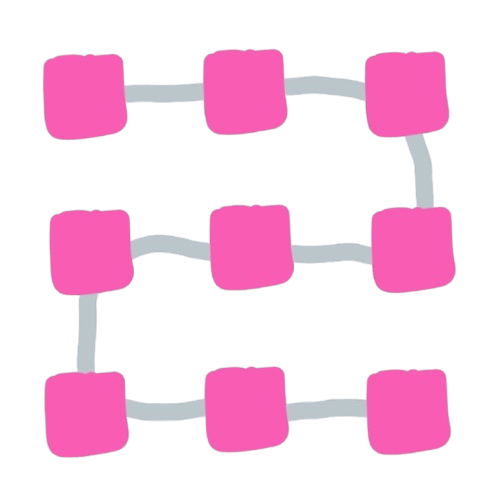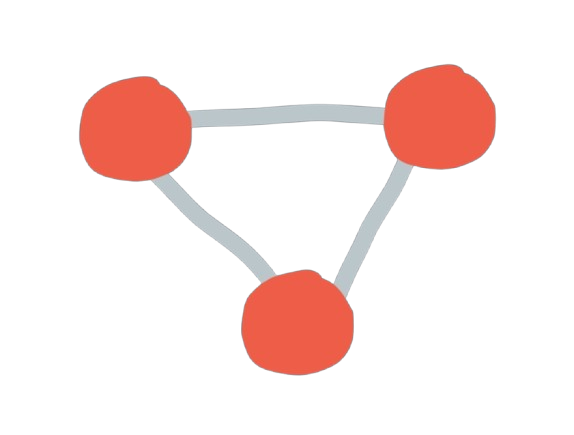Dim: Async State Management

I'm working on creating something I can call "functional web components".
Following the previous article explaining how we can create functional web components, we have the basics to put together an app. State management in such an approach is typically top-down to make the rendering predictable. However, I wanted to explore if there are any benefits to define and manage state in web components with a bottom-up approach. I wanted to see if it could give me a greater flexibility in developing an UI and not having to worry about the state management.






